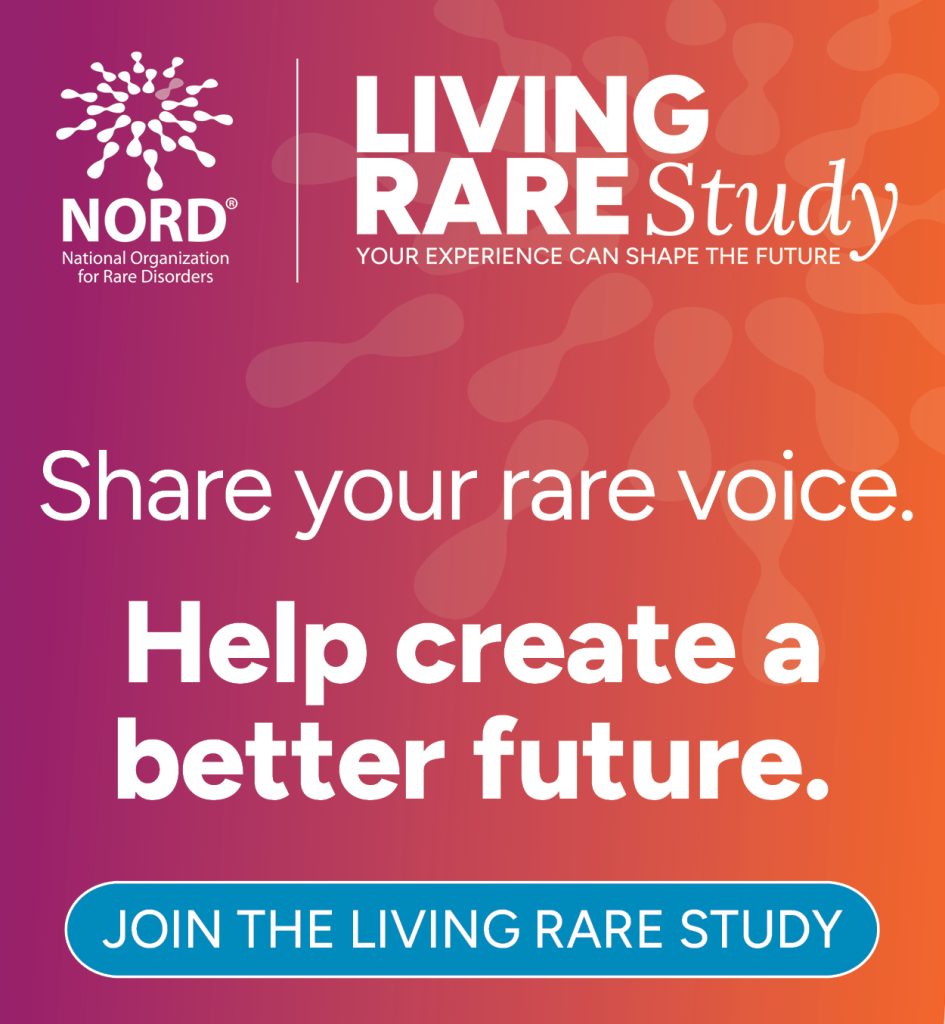American Academy of Orthopaedic Surgeons
About American Academy of Orthopaedic Surgeons
The American Academy of Orthopaedic Surgeons (AAOS) is a non-profit medical professional association dedicated to providing education and practice management services for orthopaedic surgeons and allied health professionals. Founded in 1933 at Northwestern University, the Academy currently has a membership consisting of approximately 20,000 musculoskeletal specialists worldwide. Members of the Academy, known as fellows, are orthopaedists concerned with the diagnosis, care, and treatment of musculoskeletal disorders. The orthopedist�s scope of practice includes disorders of the body’s bones, joints, ligaments, muscles, and tendons. The AAOS provides approximately 35 continuing medical education courses annually for its members to help them maintain a high level of skill and competence in the practice of orthopaedic surgery. The Academy also conducts an annual meeting featuring the presentation of more than 500 scientific papers and 120 instructional courses; publishes self-assessment examinations for orthopaedic surgeons and orthopaedic residents-in-training to help assess current knowledge levels and indicate areas for further study; and develops medical and scientific publications and electronic media education programs including medical CD-ROMs. The AAOS is also dedicated to serving as an advocate for improved patient care. The Academy tracks the effects of socioeconomic and legislative measures on the quality, availability, and cost of health care in orthopaedics; in addition, the Academy’s Washington office monitors legislative activity and, upon request, provides members of Congress and government agencies with information on the musculoskeletal system, orthopaedics, and the delivery of health care. The AAOS is also committed to increasing the public’s awareness of musculoskeletal conditions, with an emphasis on preventive measures. Its public education programs have addressed such issues as the effectiveness of safety belts, prevention of playground injuries, hip fractures, back pain, recreation programs for individuals with physical disabilities, and the importance of musculoskeletal research.





